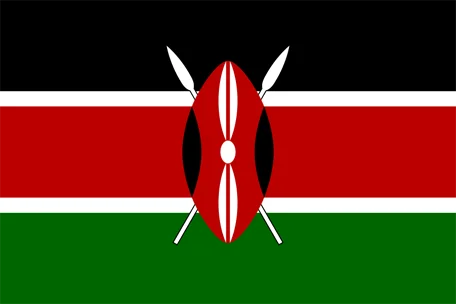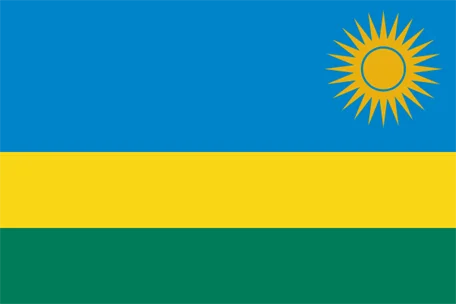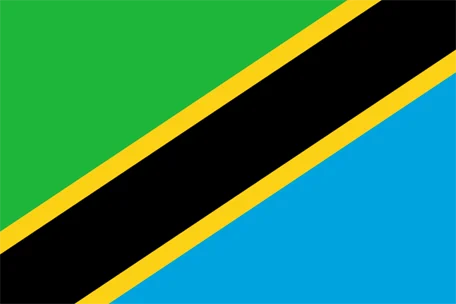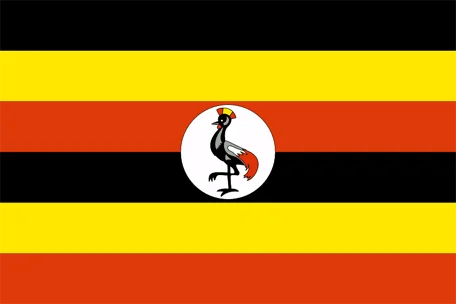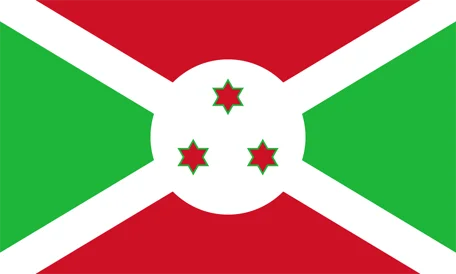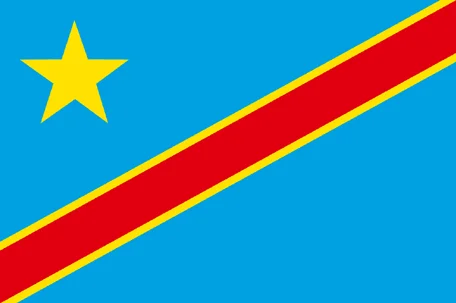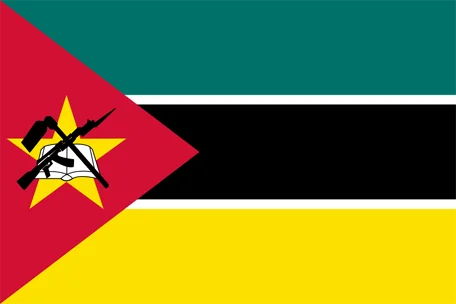Swahili speaking countries
Swahili, also known as Kiswahili, is a widely spoken language in East Africa. Here are some interesting facts about the Swahili language:
Bantu Origins: Swahili belongs to the Bantu language family, which includes numerous languages spoken across Sub-Saharan Africa. It originated as a trading language along the East African coast and developed through interactions between Bantu speakers and Arab traders.
East African Lingua Franca: Swahili serves as a lingua franca for millions of people in East Africa. It is spoken as a first or second language by over 100 million people, primarily in Tanzania, Kenya, Uganda, Rwanda, Burundi, and the Democratic Republic of Congo.
Arabic Influence: Swahili absorbed a significant number of loanwords from Arabic due to historical trade connections with Arab merchants along the Swahili Coast. Approximately 35% of Swahili vocabulary is of Arabic origin.
Blend of Cultures: Swahili has a diverse linguistic influence, with vocabulary borrowed from Arabic, Persian, Portuguese, German, English, and other Bantu languages. This amalgamation reflects the historical interactions and cultural exchange in the region.
Gender and Noun Classes: Swahili has a system of noun classes indicated by prefixes that categorize nouns into different groups. There are 18 noun classes in total, each marked by a specific prefix, which affects agreement with adjectives, pronouns, and verbs.
Simplicity and Efficiency: Swahili has a relatively simple grammar compared to some other languages. It lacks grammatical gender and features straightforward verb conjugation patterns, making it relatively accessible for learners.
Swahili in Media and Literature: Swahili is widely used in radio, television, newspapers, and online media across East Africa. It has a rich literary tradition, with notable Swahili authors and poets contributing to African literature.
Official Language: Swahili is an official language in Tanzania, Kenya, and the African Union. It is used for governmental proceedings, education, and media.
Global Interest: Swahili has gained popularity as a language to learn among international students, researchers, and travelers interested in East Africa. Many universities and language institutes offer Swahili courses worldwide.
Cultural Identity: Swahili plays a crucial role in shaping the cultural identity of East African communities. It serves as a symbol of unity and cultural pride, representing the region's diverse heritage.
Swahili's widespread use, linguistic fusion, and cultural significance make it a vibrant and influential language in East Africa. Its accessibility and growing global interest contribute to its continued relevance and relevance in the modern world.
